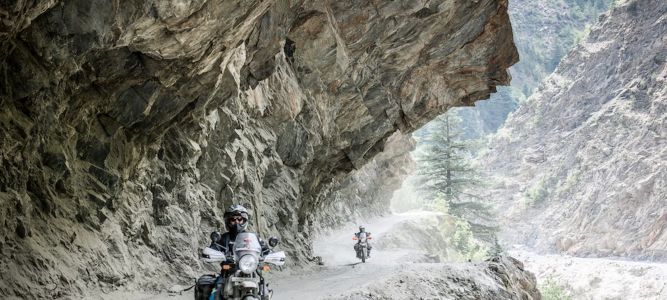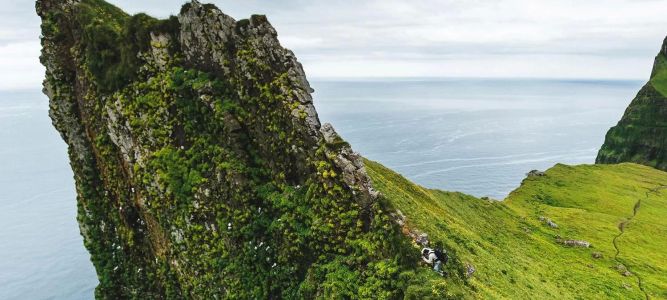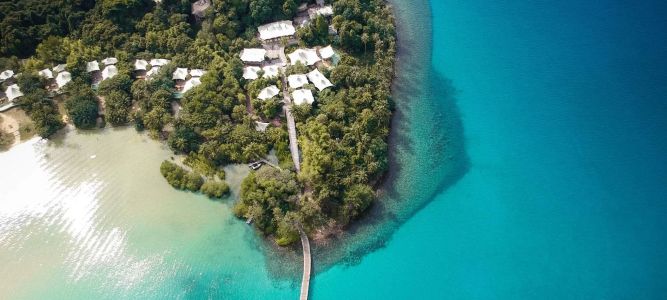How to Climb Mountains on an Adventure Vacation – Expert Tips for a Thrilling Experience
- Why Mountain Climbing is the Ultimate Adventure
- Top Destinations for Mountain Climbing
- Mountain Climbing Preparation and Tips
- Personal Stories from Climbers
- How to Book Your Mountain Climbing Trip
1. Why Mountain Climbing is the Ultimate Adventure
Mountain climbing offers a one-of-a-kind adventure that combines physical challenges with breathtaking natural beauty. For adventure vacation enthusiasts, scaling mountains provides a sense of accomplishment and connection to nature that can’t be replicated in other outdoor activities. The feeling of standing atop a peak, overlooking vast landscapes, is a reward unlike any other.
In addition to the physical challenge, mountain climbing also provides mental rewards. Overcoming the mental hurdles of a climb, from staying focused on the path to pushing past discomfort, builds resilience and a sense of self-confidence. Whether you're a seasoned climber or a beginner, the sense of adventure and achievement makes mountain climbing an unforgettable vacation experience.
2. Top Destinations for Mountain Climbing
For those interested in mountain climbing as part of their adventure vacation, there are a variety of spectacular destinations around the world that offer both beginner-friendly and more challenging climbs. Here are some of the best places to consider:
- Mount Everest, Nepal: For experienced climbers, tackling the world’s highest peak is the ultimate challenge. Everest expeditions require preparation and training but offer unparalleled views and the chance to stand at the top of the world.
- Mount Kilimanjaro, Tanzania: As one of the most popular climbs for adventurers, Mount Kilimanjaro offers a non-technical climb that is perfect for beginners. Its incredible ecosystem, from tropical rainforest to arctic tundra, makes it a bucket-list climb.
- Rockies, USA and Canada: The Rocky Mountains are known for their rugged terrain and stunning beauty. Whether you're looking for an easy hike or a challenging technical climb, the Rockies have something for everyone, with popular spots like Colorado’s Longs Peak or Banff National Park in Canada.
- Swiss Alps, Switzerland: Famous for its majestic peaks and well-established climbing routes, the Swiss Alps offer both scenic hikes and technical climbs for various skill levels. The Matterhorn and Mont Blanc are two of the most iconic mountains for adventurers.
- Andes, South America: Stretching across several countries, the Andes offer numerous climbing opportunities, from the popular Inca Trail to more remote peaks like Mount Aconcagua, the highest mountain in South America.
3. Mountain Climbing Preparation and Tips
Preparing for mountain climbing is essential for safety and success. Here are some important tips to help you get ready for your adventure vacation:
- Train Your Body: Mountain climbing requires strength, endurance, and stamina. Regular training, including cardio exercises, strength training, and endurance hikes, is crucial. Focus on building leg strength and core stability, as these are key to handling steep inclines and maintaining balance.
- Pack the Right Gear: Proper equipment is essential for a safe and enjoyable climb. Make sure to have sturdy hiking boots, layered clothing for different weather conditions, a helmet, climbing harness, and climbing ropes if needed. Always check with your tour operator to ensure you have all necessary gear.
- Acclimatize to the Altitude: If you're climbing at high altitudes, it's important to acclimatize to avoid altitude sickness. Spend a few days at a lower altitude before your climb, and take breaks as needed to allow your body to adjust to the thinner air.
- Stay Hydrated and Nourished: Keeping hydrated and properly fueled is crucial during your climb. Bring water and energy-rich snacks, such as nuts, fruit, or energy bars, to keep your energy levels up.
4. Personal Stories from Climbers
Many climbers share their inspiring experiences and lessons learned from their mountain climbing adventures. For example, Sarah, an avid climber, shares, “When I summited Mount Kilimanjaro, I was overwhelmed with emotion. The journey was tough, but the moment I reached the summit and looked over the vast landscape was worth every step.”
Mark, who recently climbed Mount Everest, recalls, “Climbing Everest was the most physically demanding challenge I’ve ever faced. But the moment I stood at the top, surrounded by the peaks of the Himalayas, all the hardships seemed so insignificant. It was a once-in-a-lifetime experience, and I felt so proud.”
5. How to Book Your Mountain Climbing Trip
If you're ready to embark on your own mountain climbing adventure, here’s how you can plan your trip:
- Choose the Right Destination: Depending on your experience level and interests, select a destination that offers the type of climb you’re looking for. If you’re a beginner, consider a non-technical climb like Kilimanjaro. For more experienced climbers, choose challenging peaks like Everest or Aconcagua.
- Book with a Trusted Tour Operator: For safety and guidance, it’s best to book your climb with a reputable tour operator. Look for one that offers certified guides, good reviews, and attention to safety.
- Plan Your Travel and Accommodations: Book your flights, accommodations, and any necessary travel permits well in advance. Many climbing destinations have limited access and require permits or reservations.
Mountain climbing is an adventure that offers both physical challenges and mental rewards. Whether you’re climbing for the first time or looking for your next peak, make sure you’re prepared for the journey of a lifetime. Want to explore mountain climbing tours or need more details to start your trip? Visit Travelers Odessa for expert advice and booking your next adventure.





